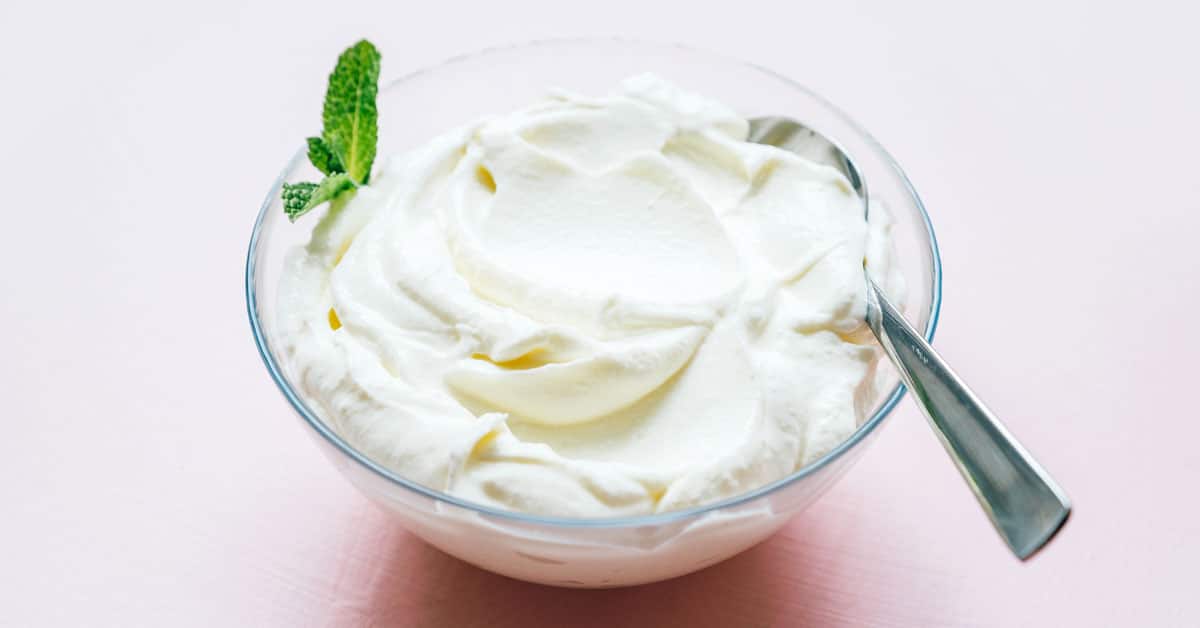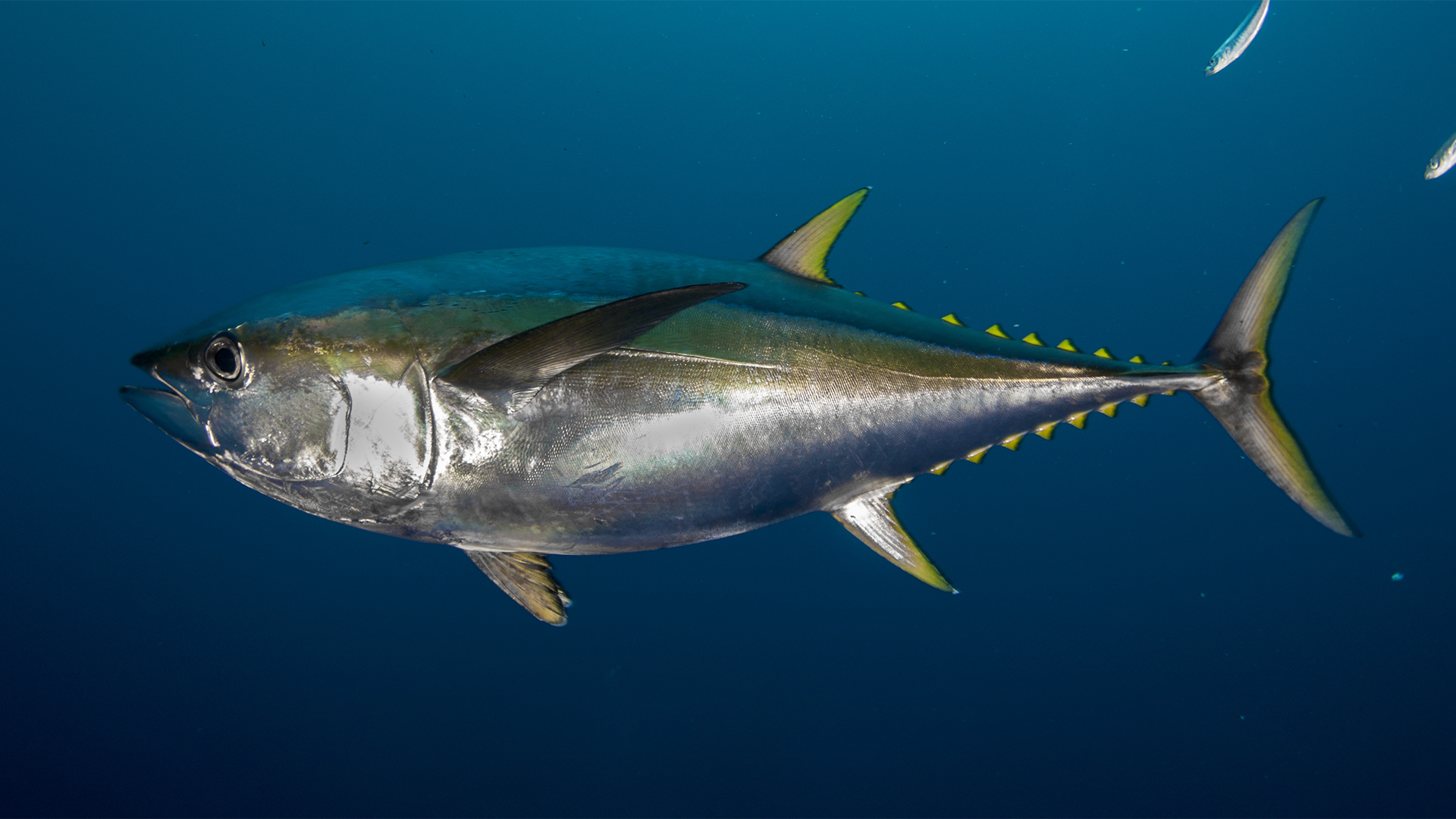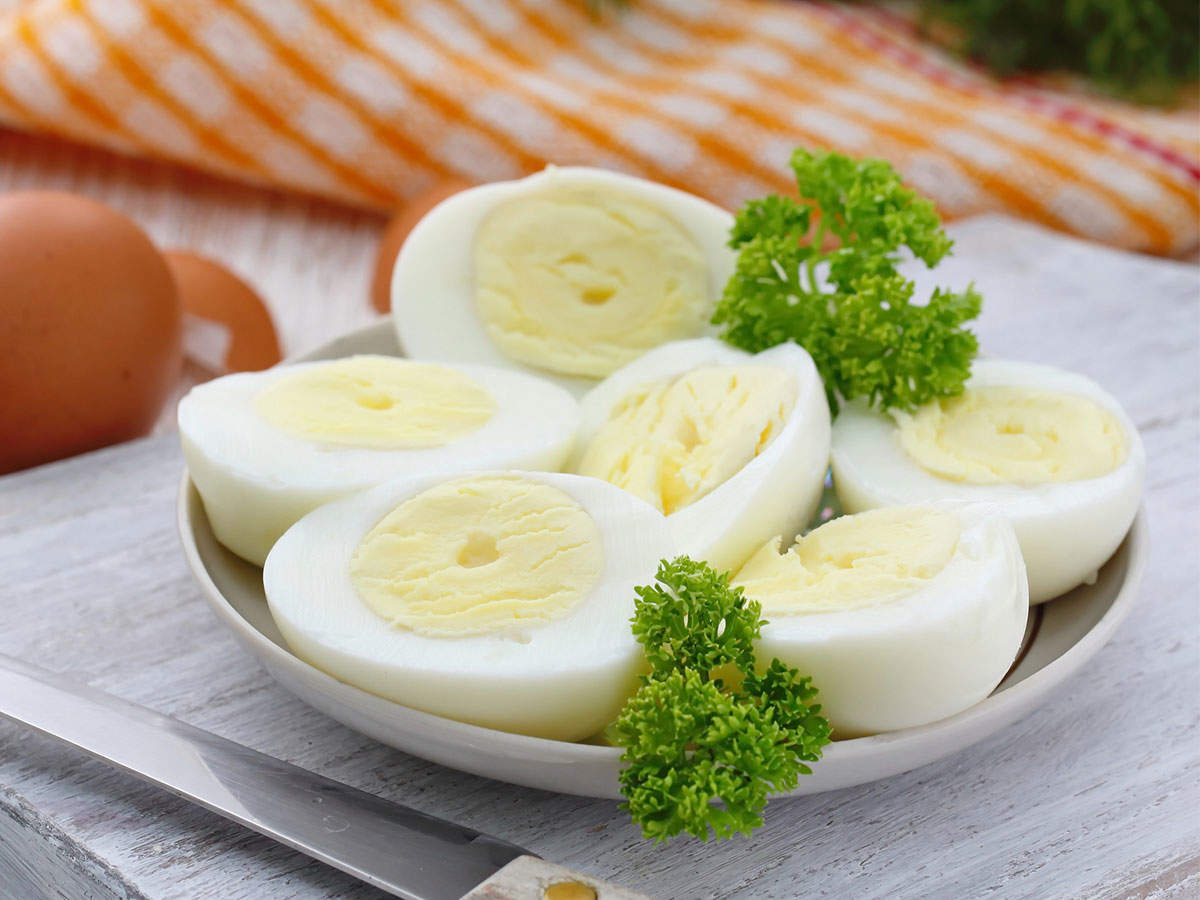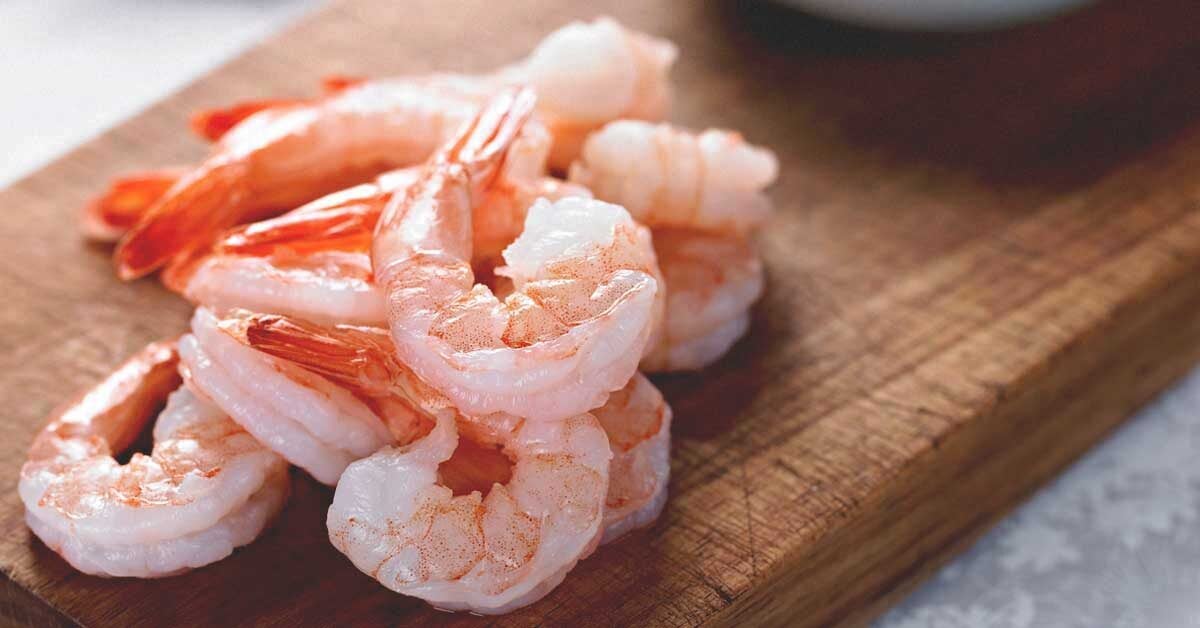Welcome to this post where we will discuss seven high protein and low-calorie foods that can help with fat loss. Incorporating these foods into your diet can be a great way to boost your weight loss efforts while also ensuring that you are getting the nutrients your body needs to stay healthy and strong.
As we all know, losing weight can be a challenging journey, but with the right approach, it is achievable. One of the most effective ways to lose weight is by creating a calorie deficit, which means consuming fewer calories than your body burns each day. This can be achieved by eating foods that are low in calories and high in nutrients, such as protein.
Protein is an essential macronutrient that plays a crucial role in weight loss. It can help to boost your metabolism, reduce hunger, and promote feelings of fullness. By incorporating high-protein and low-calorie foods into your diet, you can create a calorie deficit while still getting the nutrients your body needs.
In this post, we will explore seven high-protein and low-calorie foods that can help with fat loss. These foods are easy to incorporate into your diet and can help you to reach your weight loss goals in a healthy and sustainable way.
So, without further ado, let's dive into the seven high-protein and low-calorie foods that can help with fat loss.
1, Chicken breast.
Chicken breast is a popular food choice for those looking to increase their protein intake while keeping their calorie count in check. It is a lean source of protein, meaning it contains minimal amounts of fat, making it an ideal choice for weight loss and muscle building.
In addition to being high in protein, chicken breast is also a good source of essential nutrients such as vitamins B6 and B12, niacin, and selenium. Vitamin B6 is important for maintaining healthy brain function, while vitamin B12 is essential for the production of red blood cells and DNA. Niacin helps to keep your skin, nerves, and digestive system healthy, while selenium plays a vital role in maintaining a healthy immune system.
When it comes to calorie count, chicken breast is relatively low in calories compared to other protein sources such as beef and pork. A 3.5-ounce serving of chicken breast contains approximately 165 calories, making it a great option for those looking to lose weight or maintain a healthy weight.
When preparing chicken breast, it is important to choose healthy cooking methods such as grilling, baking, or roasting to avoid adding unnecessary calories and fat. Avoid frying chicken as this can significantly increase its calorie count and fat content.
In conclusion, chicken breast is an excellent source of protein and essential nutrients, and it is relatively low in calories, making it a healthy and versatile food choice for those looking to improve their diet. So next time you're planning your meals, consider incorporating chicken breast as a healthy and delicious protein source.
2, Greek yogurt.
Greek yogurt is a nutrient-dense food that is high in protein and low in calories, making it an excellent addition to a healthy diet. It is made by straining regular yogurt, which removes excess liquid and results in a thicker, creamier texture.
Greek yogurt is an excellent source of protein, with around 10 grams of protein per 100 grams. Protein is essential for building and repairing muscles, and it also helps to promote feelings of fullness, which can aid in weight loss. Greek yogurt is also low in calories, with about 59 calories per 100 grams, making it an ideal choice for those looking to reduce their calorie intake.
In addition to being high in protein and low in calories, Greek yogurt is also rich in calcium, which is essential for strong bones and teeth. It also contains probiotics, which are beneficial bacteria that can help to improve digestion and boost the immune system.
When choosing Greek yogurt, it is important to opt for varieties that are low in added sugars and preservatives. Plain Greek yogurt is a great option as it contains no added sugars and can be easily flavored with fresh fruit or honey for added sweetness.
In conclusion, Greek yogurt is a nutritious food that is high in protein, low in calories, and packed with essential nutrients. It is a great option for those looking to improve their diet and maintain a healthy weight. So, next time you're in the grocery store, consider adding Greek yogurt to your cart for a healthy and delicious protein source.
3, Tuna.
Tuna is a nutrient-dense food that is high in protein and low in calories, making it an excellent addition to a healthy diet. It is a lean fish that is rich in omega-3 fatty acids, which are essential for heart health and brain function.
Tuna is an excellent source of protein, with around 25 grams of protein per 3.5 ounces. Protein is essential for building and repairing muscles, and it also helps to promote feelings of fullness, which can aid in weight loss. Tuna is also low in calories, with about 116 calories per 3.5 ounces, making it an ideal choice for those looking to reduce their calorie intake.
In addition to being high in protein and low in calories, tuna is also rich in vitamins and minerals, such as vitamin B12, selenium, and niacin. Vitamin B12 is essential for the production of red blood cells and DNA, while selenium plays a vital role in maintaining a healthy immune system. Niacin helps to keep your skin, nerves, and digestive system healthy.
When choosing tuna, it is important to opt for varieties that are low in mercury. Canned light tuna is a great option as it is lower in mercury than canned white or albacore tuna.
In conclusion, tuna is a nutritious food that is high in protein, low in calories, and packed with essential nutrients. It is a great option for those looking to improve their diet and maintain a healthy weight. So, next time you're planning your meals, consider incorporating tuna as a healthy and delicious protein source.
4, Lentils.
Lentils are a nutrient-dense food that is high in protein and low in calories, making them an excellent addition to a healthy diet. They are a type of legume that come in various colors, such as green, brown, and red.
Lentils are an excellent source of plant-based protein, with around 9 grams of protein per 100 grams. Protein is essential for building and repairing muscles, and it also helps to promote feelings of fullness, which can aid in weight loss. Lentils are also low in calories, with about 116 calories per 100 grams, making them an ideal choice for those looking to reduce their calorie intake.
In addition to being high in protein and low in calories, lentils are also rich in fiber, which is important for maintaining healthy digestion and reducing the risk of chronic diseases such as heart disease and diabetes. They are also a good source of complex carbohydrates, which provide sustained energy and help to regulate blood sugar levels.
When cooking lentils, it is important to rinse them thoroughly and remove any debris or stones. They can be cooked on the stovetop or in a pressure cooker and can be used in a variety of dishes such as soups, stews, salads, and curries.
In conclusion, lentils are a nutritious food that is high in protein, low in calories, and packed with essential nutrients. They are a great option for those looking to improve their diet and maintain a healthy weight, especially for those following a plant-based diet. So, next time you're at the grocery store, consider adding lentils to your cart for a healthy and delicious protein source.
5, Egg whites.
Egg whites are a great low-calorie and high-protein option, making them an excellent addition to a healthy diet. They are the clear liquid inside an egg, and they are a great source of protein.
Egg whites are an excellent source of high-quality protein, with around 11 grams of protein and only 17 calories per egg white. Protein is essential for building and repairing muscles, and it also helps to promote feelings of fullness, which can aid in weight loss. Additionally, egg whites are low in fat and cholesterol, making them a heart-healthy food choice.
In addition to being high in protein and low in calories, egg whites are also rich in essential vitamins and minerals, such as vitamin B12, selenium, and riboflavin. Vitamin B12 is essential for the production of red blood cells and DNA, while selenium plays a vital role in maintaining a healthy immune system. Riboflavin helps to keep your skin, eyes, and nervous system healthy.
When preparing egg whites, it is important to ensure that they are cooked thoroughly to reduce the risk of foodborne illness. They can be boiled, scrambled, or used in omelets, and they can be combined with a variety of other healthy ingredients such as vegetables, whole grains, and lean meats.
In conclusion, egg whites are a nutritious food that is low in calories and high in protein, making them an excellent choice for those looking to improve their diet and maintain a healthy weight. They are also a great source of essential vitamins and minerals, making them a valuable addition to any healthy eating plan. So, next time you're making breakfast, consider incorporating egg whites as a healthy and delicious protein source.
6, Shrimp.
Shrimp is an excellent source of lean protein, making it a healthy addition to any diet. It is a type of shellfish that is high in protein, low in calories, and packed with essential nutrients.
Shrimp is a lean protein source, with around 24 grams of protein per 3.5 ounces. Protein is essential for building and repairing muscles, and it also helps to promote feelings of fullness, which can aid in weight loss. Additionally, shrimp is low in fat and carbohydrates, making it a great choice for those following a low-carb or low-fat diet.
In addition to being high in protein and low in calories, shrimp is also a great source of essential nutrients such as selenium, vitamin B12, and iron. Selenium is a powerful antioxidant that helps to protect the body against damage from free radicals, while vitamin B12 is essential for the production of red blood cells and DNA. Iron is important for maintaining healthy blood cells and preventing anemia.
When cooking shrimp, it is important to avoid overcooking, as this can make the shrimp tough and rubbery. Shrimp can be boiled, grilled, sautéed, or baked, and it can be used in a variety of dishes such as salads, stir-fries, and pasta dishes.
In conclusion, shrimp is a nutritious food that is high in protein, low in calories, and packed with essential nutrients. It is a great option for those looking to improve their diet and maintain a healthy weight, and it is also a delicious addition to any meal. So, next time you're at the grocery store, consider adding shrimp to your cart for a healthy and tasty protein source.
7, Broccoli.
While broccoli is not typically thought of as a protein source, it is indeed a nutritious vegetable that contains a surprising amount of protein. Broccoli is a low-calorie vegetable that is high in protein, with around 2.8 grams of protein per 100 grams. While this may not seem like a significant amount, it is a great addition to any healthy diet.
In addition to being high in protein, broccoli is also rich in fiber, which can help to promote feelings of fullness and aid in weight loss. It is also a great source of other important nutrients, such as vitamin C, vitamin K, and potassium. Vitamin C is essential for a healthy immune system, while vitamin K is important for bone health. Potassium is important for maintaining healthy blood pressure levels.
Broccoli is a versatile vegetable that can be enjoyed in a variety of ways. It can be boiled, steamed, roasted, or stir-fried, and it can be used in a variety of dishes such as salads, soups, and casseroles. It can also be used as a healthy side dish or a nutritious snack.
In conclusion, broccoli is a low-calorie vegetable that is surprisingly high in protein, making it a great addition to any healthy diet. It is also rich in fiber and other important nutrients that can help with weight loss and promote overall health. So, next time you're looking for a healthy and nutritious vegetable, consider adding broccoli to your menu.
Incorporating high-protein and low-calorie foods into your diet is an excellent way to promote weight loss and maintain a healthy lifestyle. By adding these seven foods to your meals, you can help to create a calorie deficit, increase feelings of fullness, and boost your metabolism.
Remember, weight loss is a journey, and it takes time and effort to achieve your goals. But by making small, sustainable changes to your diet and lifestyle, you can achieve lasting results.
So, if you are looking to lose weight and improve your health, try incorporating these seven high-protein and low-calorie foods into your diet. And don't forget to combine them with regular physical activity, adequate hydration, and plenty of sleep for optimal results.
Thank you for watching this post, and we hope that you found it helpful. Don't forget to like, share, and subscribe to our channel for more helpful content like this.






:max_bytes(150000):strip_icc()/SES-broccoli-storage-and-selection-1807744-bf2d2de7326b40a9b00a165877ec314c.jpg)
Comments
Post a Comment